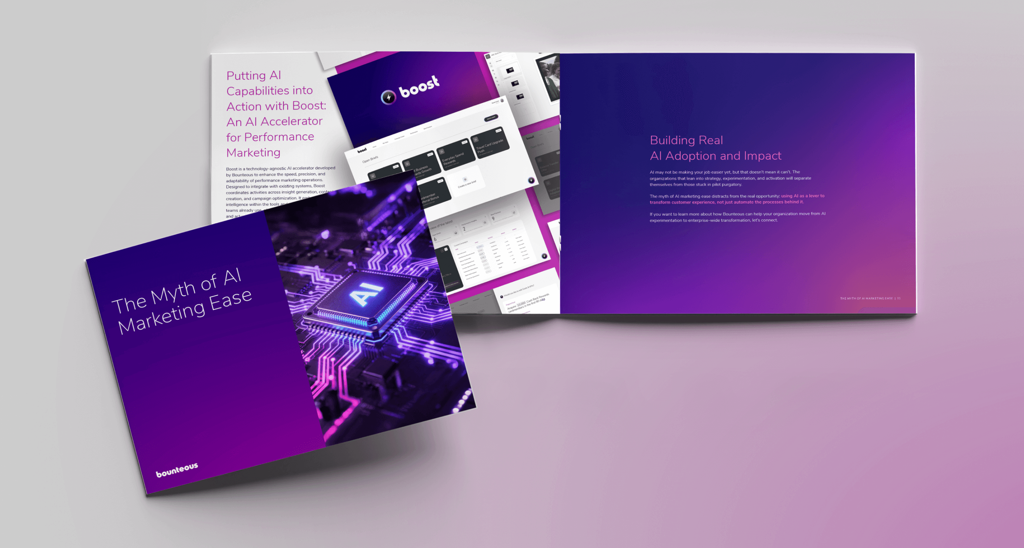The Future of Consumer Systems: When Conversational AI Becomes Your Best Companion

Imagine this: You’re standing in line at a busy airport food court. You’re hungry, cranky, and wondering if the cosmic forces of the universe conspired to make your gate the one furthest away from the burrito stand. Suddenly, your phone pings. A cheerful voice says, “I’ve pre-ordered your burrito with extra guac. It’ll be ready as you pass Gate 17. Also, I requested extra napkins, but let’s try and keep the salsa of your shirt this time.”
This isn’t science fiction. It’s the rapidly approaching future of conversational AI in consumer systems, where the concept of “apps” now lives alongside “agentic systems.” They act like smart companions who anticipate needs, orchestrate actions across systems, and save you from making regrettable food decisions (or at least limit them).
From Voice Commands to Agentic Conversations
For years, we’ve been promised the wonders of “voice-activated everything.” From Alexa adding pickles to your shopping cart to Siri occasionally misunderstanding you so thoroughly it orders six tickets to Frozen instead of frozen peas.
But the future isn’t about voice recognition; it’s about agentic conversations. That means AI agents that don’t just transcribe or lookup but they also reason, plan, and execute across multiple systems.
Imagine ordering dinner through your own digital assistant – aka your agent. Instead of fumbling through endless menus, you simply say: “Order what I usually get on Fridays, but swap fries for a salad, and make sure it’s ready just as I get home.”
The AI doesn’t just hear you – it negotiates with the restaurant’s system, tracks traffic conditions, and syncs with your calendar to ensure you’re not late for that Zoom call.
This is no longer “asking an app to do something,” because the user only has a device with an agentic assistant. This is delegating outcomes to intelligent agents.
Enter Protocols: The Secret Sauce Behind the Magic
Of course, none of this wizardry happens by accident. Underneath these slick consumer experiences are emerging protocols and frameworks like Model Context Protocol (MCP). Think of MCP as the universal translator that lets AI agents understand, coordinate, and act across different systems, whether that’s a restaurant’s ordering API, a hotel’s booking engine, or a retail store’s inventory database.
Where once apps were siloed (your native restaurant app doesn’t speak to your loyalty app, Punchh, and neither had any idea what your smart fridge was plotting), these new protocols create a shared language for AI agents. If we get it right, the number of occasions for which GUI-based mobile apps are the best choices becomes a lot smaller.
This means:
- Your dining system can talk to your hotel booking system
- Your ecommerce system can negotiate with your delivery service
- Your retail system can consult your smart fridge before suggesting milk
It’s the kind of interoperability that doesn’t need a world of “apps on a phone” and more like “personal digital staff.”
Dining, Retail, Hospitality: The First Movers
Dining may be the most relatable example (because hunger is a powerful motivator), but the impact spreads across industries:
Hospitality
Imaging asking your AI concierge: “Book me a room next weekend with the best pizza within walking distance.” The system doesn’t just return hotels – it curates options, reserves the room, and even suggests dining tours.
Retail
No more endless browsing. Instead, you might say: “Find me shoes like the ones I wore out last summer, but waterproof.” The AI hunts down the match across multiple online catalogues and ensures stock in your size.
Ecommerce
Instead of “add to cart,” you’ll hear “I’ve ordered that, applied your loyalty discount, and chosen ecofriendly shipping. You’re welcome.”
Why This Future is Inevitable
Consumer expectations have shifted. People don’t want apps, they want outcomes. The less tapping, scrolling, and password resetting, the better.
“Over the past few quarters, we’ve seen these shifts play out in many of our restaurant client roadmaps, where capabilities like passwordless login, voice-enabled interaction, and AI-driven menu recommendations have become top priorities,” says Rob Tedesco, SVP of Product at Bounteous.
And as conversational AI matures with agentic capabilities, supported by standards like MCP, consumer applications will evolve into seamless, interoperable ecosystems.
At Bounteous, we call this co-innovation. We partner with consumer businesses to not just adopt these technologies, but to shape experiences where customers feel understood, cared for, and maybe even entertained by their digital assistants.
Because in the future, ordering dinner won’t just be about food. It will be about how effortlessly technology can anticipate your needs, handle the messy middle, and leave you to enjoy the guacamole.
The AI-Enabled Normal
Just as no one today marvels at online checkout buttons (once considered magical), tomorrow we won’t bat an eye at agentic AI companions negotiating our dining, travel, and shopping experiences.
The future of consumer innovation or even B2B solutions isn’t about features. It’s about intelligent agents as digital sidekicks, powered by protocols, co-created by innovators, and welcomed by consumers everywhere.


